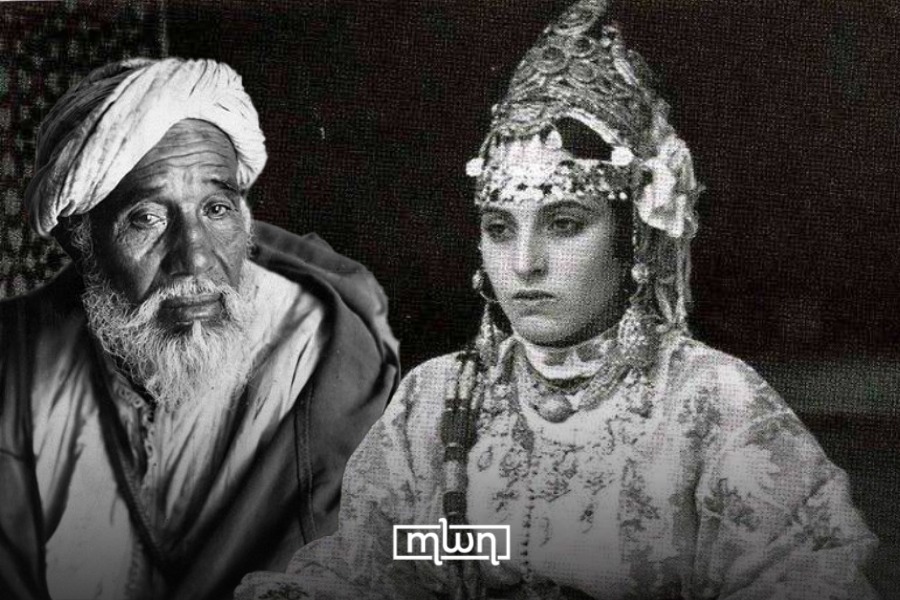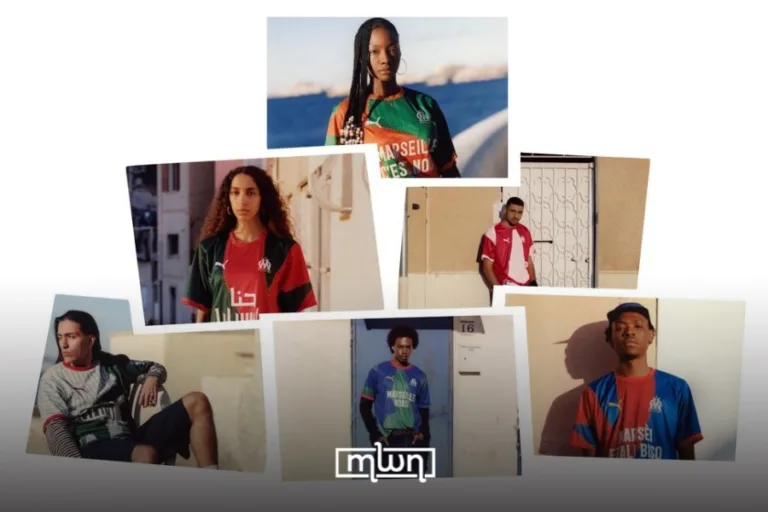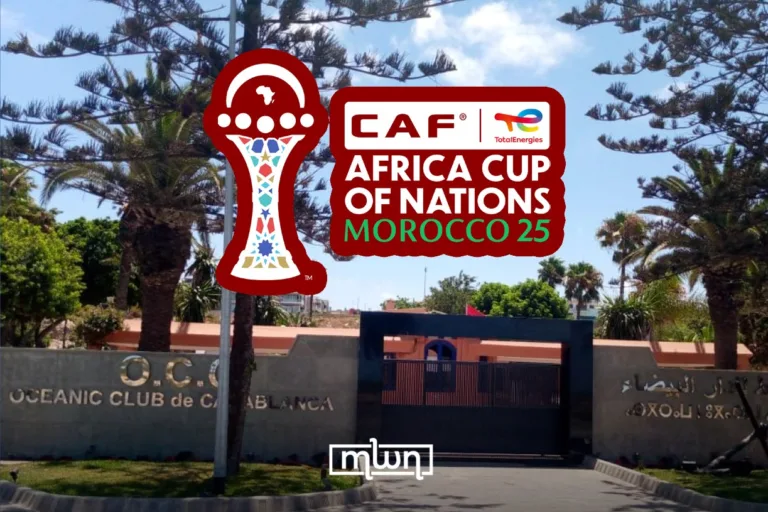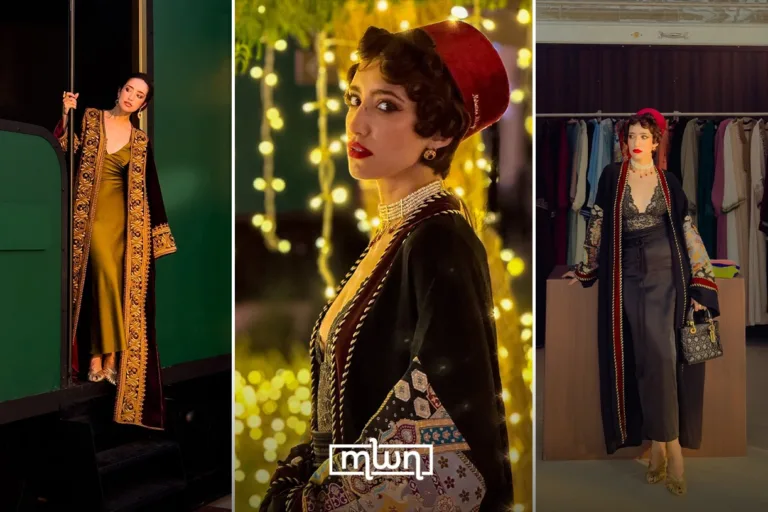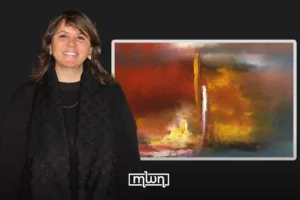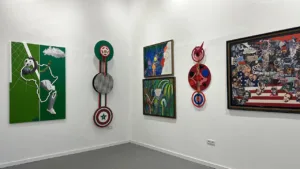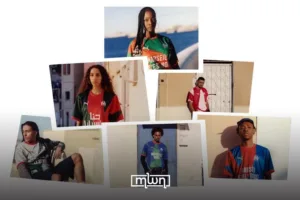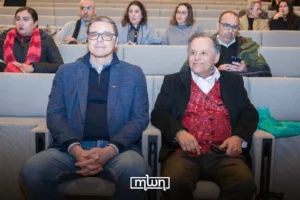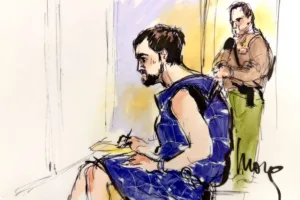What if your great-grandparents were actually fortune tellers? These Moroccan proverbs are giving major “they knew what was coming” vibes.
Fez – Moroccan proverbs have long been a mirror reflecting the wisdom and foresight of our ancestors.
They used simple yet profound expressions to capture their observations and predictions about life, society, and human behavior.
Today, as we look around, it’s remarkable how these centuries-old sayings resonate with our modern reality. Let’s explore some of these proverbs and their deeper meanings.
In the past, siblings would die for each other; now, they run away from each other.
This proverb laments the erosion of familial bonds over time. It reflects how, in the past, sibling relationships were defined by deep loyalty and sacrifice.
Today, however, these ties often weaken under the pressures of individualism and personal ambition. This shift urges us to cherish and nurture our family relationships.
A time will come when women will be covered but still appear uncovered.
This saying predicts the paradox of modesty in modern times. Despite wearing clothes, societal norms and fashion trends often blur the lines of decency, leaving the essence of modesty questioned.
It speaks to the evolving standards of appearance and self-expression.
A time will come when food will become expensive, fewer people will go on pilgrimage, and many will remain unmarried.
Here, the proverb foresees economic and societal challenges: inflation affecting basic necessities, a decline in religious practices like pilgrimage due to financial or cultural shifts, and changes in marriage trends.
Today, these issues are evident in the rising cost of living, decreasing marriage rates, and shifting priorities.
A time will come when siblings will fight like snakes, rain will fall, but the land will remain dry, and the sick will visit doctors without finding cures.
This striking proverb paints a grim picture of societal discord, environmental challenges, and the limitations of modern medicine.
It reflects a world where familial strife, climate change, and persistent health issues create a challenging environment for all.
A time will come when Eid will no longer feel like Eid, new things will flood the world, cars and machines will dominate, and news will travel from far away.
This saying captures the loss of the essence of traditional celebrations faced with the sweeping grip of modernization. It also predicts technological advancements that connect the world but can sometimes detract from the simplicity and warmth of personal interactions.
A time will come when girls will see a stork and think it’s a man in a cloak.
This metaphor highlights the scarcity of men and the longing for companionship. It reflects shifting demographics and societal pressures, particularly on women seeking stability through marriage.
These proverbs offer a glimpse into the incredible foresight of our ancestors. They remind us that while the world changes, human experiences, and challenges often remain the same.
By reflecting on these pieces of past, ancestral wisdom, we can gain invaluable insights into our present and guidance for navigating our future.
Indeed, the words of our elders continue to shape our lives in ways they might have only imagined.
It’s fascinating how these Moroccan proverbs capture timeless truths that still resonate today.
Which one struck a chord with you? Do you believe our ancestors truly had a glimpse into the future? Let’s discuss this in the comments!
Read more: Remember When MrBeast Turned Squid Game Into Reality?

